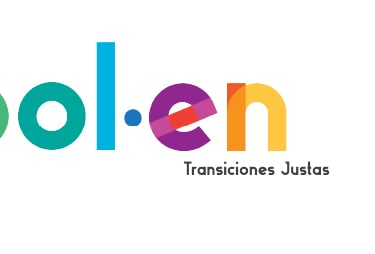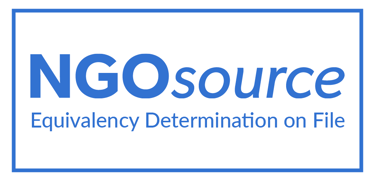Colombia Shares Experiences and Advances in Strengthening Methane Monitoring in Coal Mining
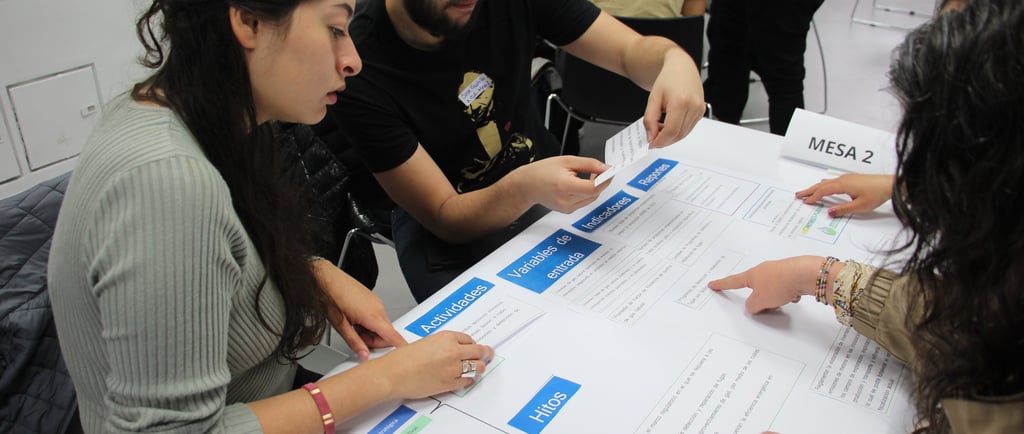

From April 7 to 9, 2025, the workshop Best Practices in Monitoring, Reporting, and Verification for Coal Mining was held in Bogotá, hosted at the Heinrich Böll Foundation offices. The event was part of the project Strengthening the Monitoring, Reporting, and Verification (MRV) System for the Mining Sector in Colombia, funded by the Climate and Clean Air Coalition (CCAC). It brought together representatives from public entities, civil society organizations, and international technical experts to exchange knowledge. The workshop outlines pathways to strengthen the MRV system of the energy and mining sector (MRVme), particularly regarding methane emissions from coal mining.
Methane: A High-Impact Greenhouse Gas with Low Visibility
Methane is a greenhouse gas with a global warming potential 86 times greater than carbon dioxide (CO₂) over a 20-year horizon. Since it remains in the atmosphere for a shorter time than CO₂, reducing methane has an immediate impact on mitigating global warming, making it a priority in addressing the short-term climate crisis. In Colombia, methane remains largely unmonitored in coal mining and receives little visibility in public and environmental agendas, despite its relevance.
According to recent estimations of the United States Environmental Protection Agency (USEPA), coal mining accounts for around 12% of global anthropogenic methane emissions. In Colombia, 51% of methane emissions from coal mining come from underground mining and 49% from open-pit operations. Currently, the MRVme does not account for fugitive methane emissions from coal mining or for mitigation actions, since the National Climate Change Management Plan for the mining-energy sector (PIGCCme) does not include specific measures in this regard. A robust MRVme system is essential not only for fulfilling international mitigation commitments but also for generating high-quality public information to support evidence-based decision-making.
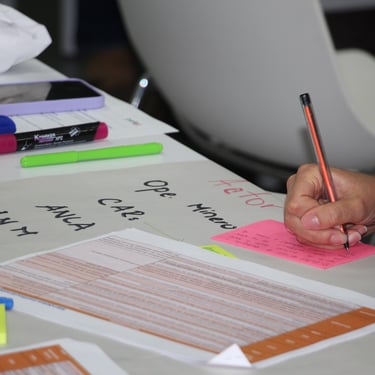
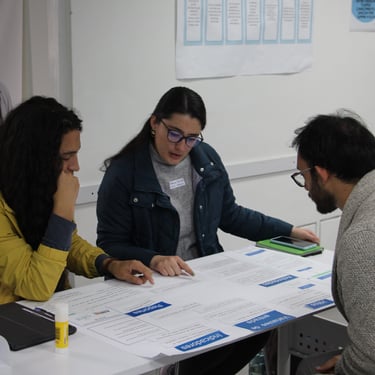
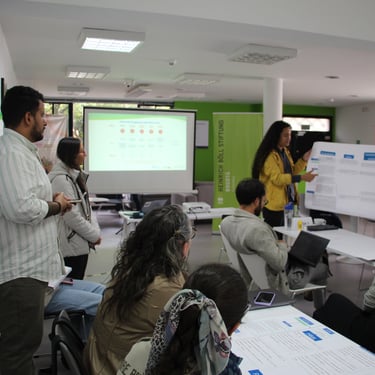
Global Perspectives: Regulatory and Technical Experiences
The workshop showed regulatory frameworks and methane management experiences in coal mining around the world. A key case was the European Union, which recently updated its regulation on methane monitoring, reporting, and verification in coal mining, also introducing mitigation measures. This regulation establishes specific obligations for both active and closed coal mines, including direct measurement at ventilation points, inventories of abandoned mines, periodic public reporting, and gradual restrictions on gas venting and flaring. The Greenhouse Gas Reporting Programs in countries like the United States and Australia were also discussed as examples of MRV systems for methane in coal mining.
In addition, good practices from countries such as Uruguay, Chile, Turkey, and Nigeria were presented, aligned with recommendations from international guidelines. The workshop included contributions from Laura Marrero, from the National Directorate of Climate Change at Uruguay’s Ministry of Environment; Chiara Giamberardini, Economic Affairs Officer in the Sustainable Energy Division of the United Nations Economic Commission for Europe (UNECE) and Secretary of the Group of Experts on Coal Mine Methane and Just Transition; Raymond C. Pilcher, Chair of the UNECE Group of Experts on Coal Mine Methane and President of Raven Ridge Resources, with over 40 years of experience in the global energy and mining sector; Michal Drabik, also from UNECE, currently serving as Economic Affairs Officer in the Sustainable Energy Division, working on issues related to coal mine methane and just transition, and Owen Hadden, analyst at Advanced Resources International and collaborator with the USEPA on verifying emissions from active underground coal mines. These contributions enriched the technical discussion and broadened the outlook on ways to improve methane monitoring in coal mining.
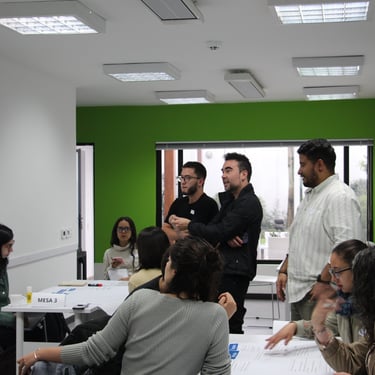
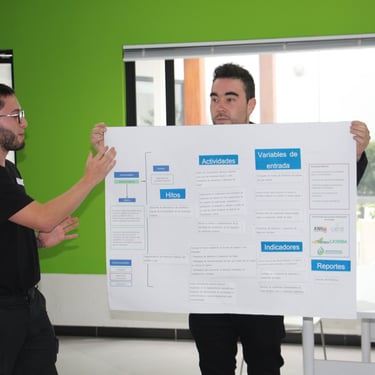
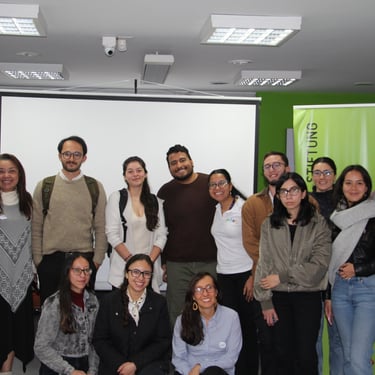
Challenges and Commitments to Strengthen Colombia’s MRVme System
At the national level, the workshop helped identify key gaps and opportunities to improve the MRVme system. One of the most frequently mentioned challenges was the lack of coordination among competent entities, which leads to regulatory and operational shortcomings. Another was the absence of specific guidelines for mitigating methane emissions from coal mining within the MRVme framework. These issues were made evident through co-creation workshops held with participating institutions and organizations.
Another key discussion point was the connection between strengthening the MRVme system and meeting international climate commitments. Colombia is a signatory of the Paris Agreement, the Global Methane Pledge, and the Escazú Agreement, which entail concrete responsibilities regarding methane emissions reduction, access to environmental information, and public participation. Meeting these goals requires a comprehensive approach that not only improves emissions measurement and reporting, but also ensures climate justice, territorial equity, and respect for human rights in mining-affected regions. These elements must also be integrated into the current MRVme system.

